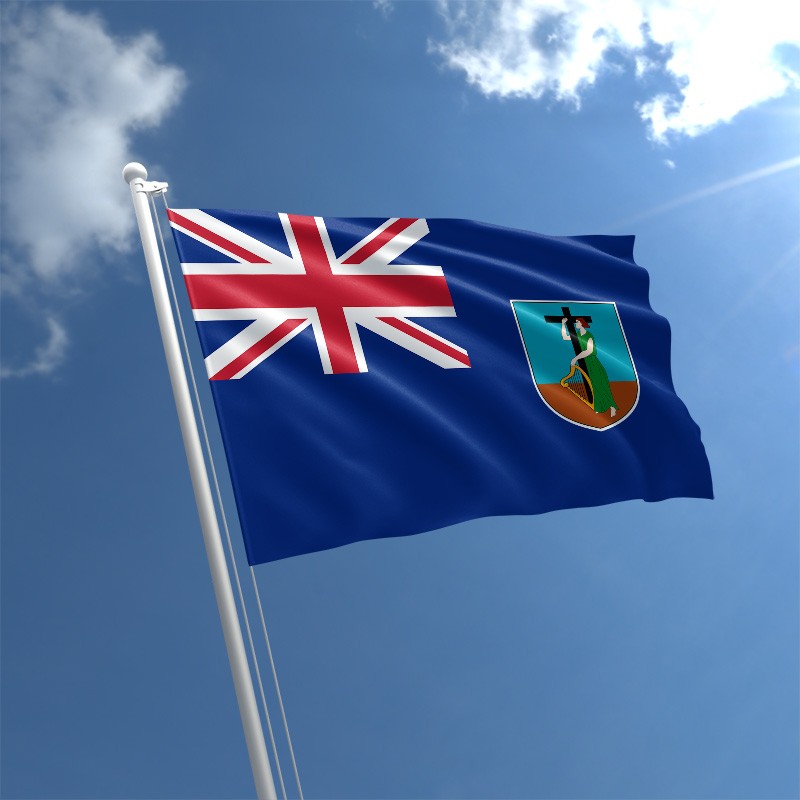GENEVA, March 16 2015 – Cuba today rejected the imposition of resolutions and selective and politically motivated mandates on countries, and advocated the path of dialogue.
“Cooperation mechanisms, such as the Universal Periodic Review (UPR), are suitable for analysing the situation of human rights in all nations,” said Cuba’s permanent representative in Geneva, Anayansi Rodriguez.
“The UPR promotes a debate without politicisation or confrontation and is the best way to achieve the cooperation of the territories concerned,” she said, speaking at the 28th regular session of the Human Rights Council.
Reiterating the opposition to the impositions, Rodriguez noted that this manipulation has been exacerbated with respect to the Democratic People’s Republic of Korea (DPRK).
“The resulting mandate of the resolution against the DPRK has shown that there is neither a genuine concern, nor any intention to contribute to the dialogue with the Government of that country,” she added.
The diplomat referred to the fact that the proposals made by the DPRK to channel a direct dialogue and deepen its cooperation on human rights are minimised.
“Cuba cannot support actions that suggest that regime changes are feasible, and seek to give way to punishment, and sanction of the Security Council, without discarding even, if necessary, the use of force,” she said.
“We cannot be accomplices in denying the people of the DPRK their right to peace, to self-determination and development.”
The 28th period of sessions will run until March 27 at the Palais des Nations, UN headquarters in this city.



